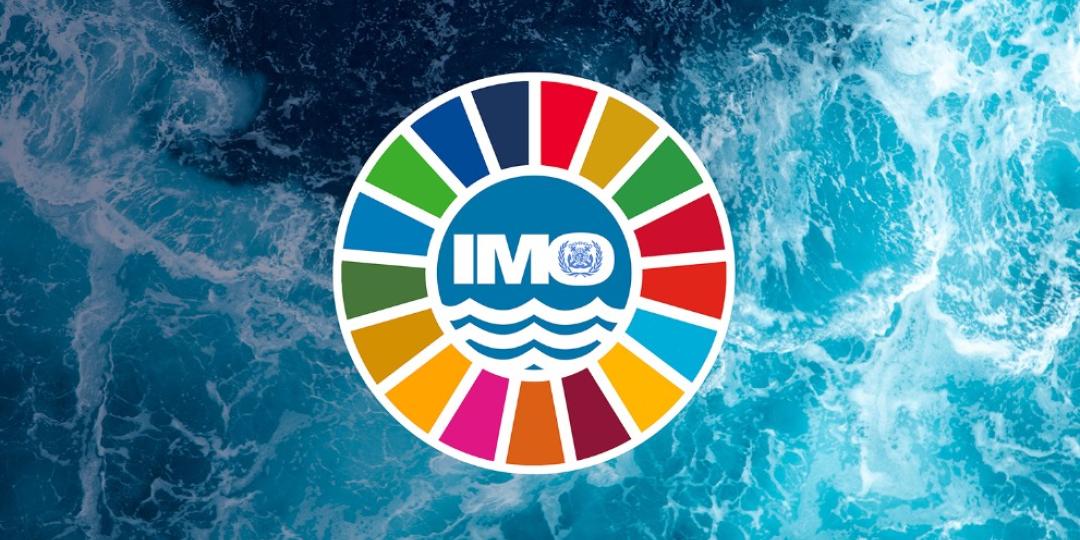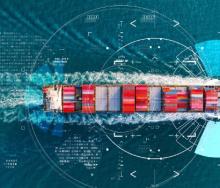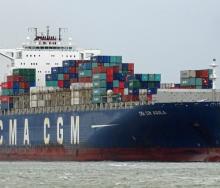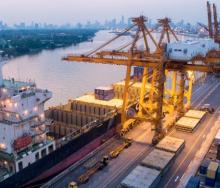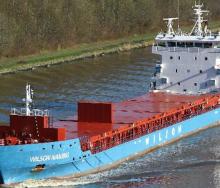The head of the International Maritime Organization (IMO) has welcomed the commitments made at the United Nations Ocean Conference but urged countries to swiftly turn pledges into practical action to protect the world’s oceans.
“Commitments are a necessary first step, but they are not the finish line,” IMO secretary-general, Arsenio Dominguez, said in a statement on Tuesday following the five-day event in Nice, France.
“We must now move beyond the statements and turn those words into real, measurable action. That will take all stakeholders coming together, sharing information, and aligning actions to bridge differences and drive progress.”
Dominguez led the IMO delegation to the conference, where he highlighted the agency’s work in addressing marine plastic pollution, underwater noise, invasive species from shipping, and decarbonization of the maritime industry.
“IMO has a strong, decades-long history of driving regulatory action to protect the marine environment from harmful impacts of shipping, backed by targeted technical support to member states,” said Dominguez.
“We can play a central role in moving this agenda forward.”
The conference outcome document underscored the critical role of maritime transport and infrastructure in the global economy, as well as the sector’s challenges in reducing greenhouse gas emissions.
The IMO welcomed the formation of the High Ambition Coalition for a Quiet Ocean, a group of 37 countries led by Canada and Panama committed to addressing underwater noise pollution.
The organisation also co-hosted a side event with France, Costa Rica and South Africa to showcase its recent work on underwater radiated noise, including:
- Revised Guidelines for the reduction of underwater radiated noise from commercial shipping, adopted in 2023.
- An IMO Action Plan on Underwater Radiated Noise adopted in 2024, which aims to develop targets, policies and research, along with an experience-building phase to help countries share lessons learned.
- Technical support through the GloNoise Partnership Project, implemented with the UN Development Programme and the Global Environment Facility, to assist six countries to build policy frameworks on underwater noise.
Invasive aquatic species that cling to ships’ hulls and spread to new ecosystems, known as biofouling, were also in the spotlight.
At another side event co-organized by the IMO with Norway and Fiji, officials outlined the development of a new legally binding global regulatory framework on biofouling management, targeted for adoption in 2027.
Current efforts include updated 2023 guidelines for biofouling control and management; technical assistance through a partnership project and the promotion of innovation and regulatory alignment.
Dominguez also highlighted the IMO’s work to prevent marine plastic pollution. Under the International Convention for the Prevention of Pollution from Ships (Marpol) Convention’s Annex V, most plastic waste discharges from ships are banned, and the London Convention/Protocol prohibits deliberate dumping of waste at sea.
In addition, the IMO Strategy and 2025 Action Plan to Address Marine Plastic Litter from Ships, focuses on reducing vessel-based plastic waste, improved port waste reception, better training for seafarers, and enhanced international collaboration.
Technical assistance through the OceanLitter Programme in a collaboration with the Food and Agricultural Organization, which supports legal reforms, reception facility upgrades, and fishing gear marking systems.
A new Global Industry Alliance for marine plastic pollution was also launched at the conference, inviting private-sector involvement.
The next UN Ocean Conference is scheduled to take place in Chile and the Republic of Korea in 2028.
